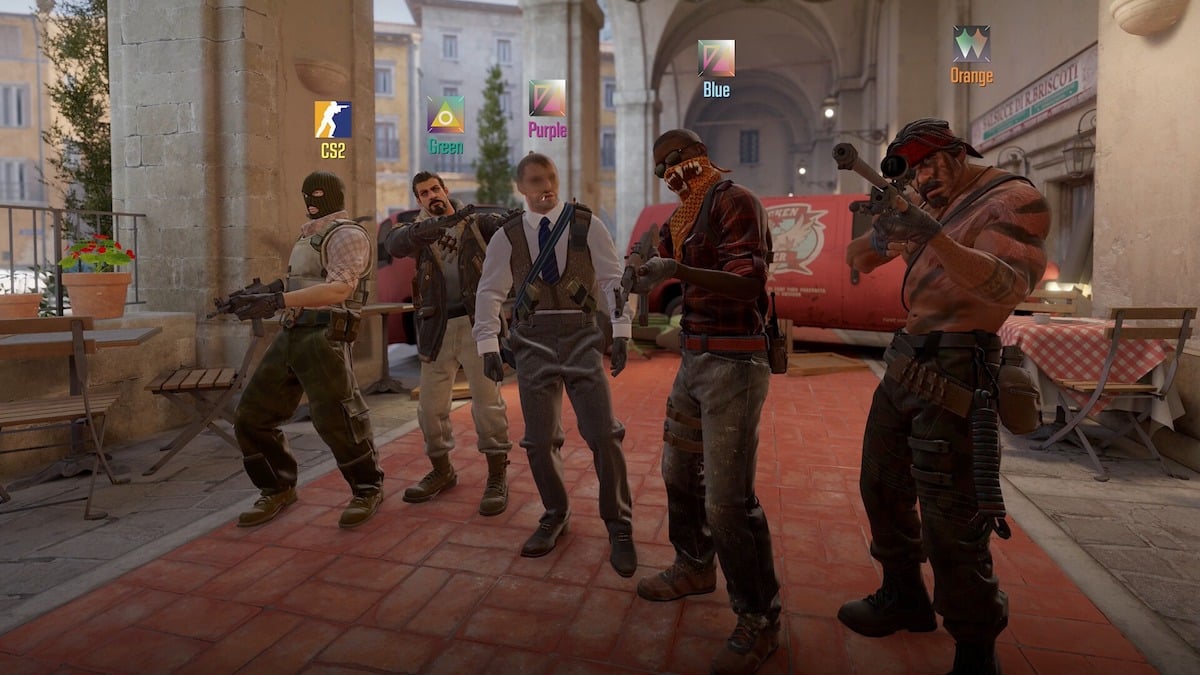Daily Wonders and Discoveries
Explore the latest news and intriguing insights from around the world.
How a CS2 VAC Ban Turns Good Players Into Bad Decisions
Discover how a CS2 VAC ban can transform skilled players into reckless decision-makers. Uncover the surprising psychology behind it!
The Impact of a CS2 VAC Ban: How Good Players Make Poor Choices
In the competitive world of CS2, a VAC ban can be a devastating blow to a player's reputation and career. Many skilled players find themselves caught in a web of poor decisions that lead to an unintended ban. Whether it's experimenting with cheats to gain an edge in high-stakes matches or succumbing to peer pressure, these choices often stem from a momentary lapse in judgement. The consequences, however, are far-reaching, impacting not just their gaming experience but also their standing within the community and future opportunities.
Moreover, the psychology behind these poor choices is intriguing. Players with established skill levels might believe they can outsmart the system, thinking a VAC ban won't touch them due to their expertise. This miscalculation can lead to a series of events that tarnish their legacy. As the saying goes, 'fool me once, shame on you; fool me twice, shame on me.' Good players need to recognize the value of integrity in gaming and understand that the risks of cheating outweigh any temporary gains.

Counter-Strike is a highly competitive first-person shooter game that pits teams against each other in various objective-based scenarios. Players can engage in thrilling CS2 Case Battles to test their skills and strategies, making each match unique and exciting.
From Ban to Bad Decisions: Understanding the Mental Shift in CS2 Players
The transition from a ban to making bad decisions in Counter-Strike 2 (CS2) is a psychological journey that many players experience. After facing disciplinary action, the mental state of a player can shift dramatically. Initially, bans often lead to frustration and resentment. As players grapple with this setback, they may develop a defensive mindset or become overly eager to prove themselves upon their return. This reaction can hinder their gameplay, causing them to rush decisions or act impulsively, which are typical characteristics of bad decisions. Understanding this mental shift is crucial for both players and coaches in order to foster healthier gaming habits.
Moreover, the culture within the gaming community can further exacerbate these bad decisions. Players returning from bans often find themselves under immense pressure to perform, and this can lead to a vicious cycle. According to recent studies, stress and intense competition can cloud judgment, resulting in choices that defy logic and strategy. To combat this cycle, players must be aware of their mental state and actively work to cultivate a positive environment, utilizing strategies such as deep breathing exercises or moderation in competitive play. Recognizing the link between bans and mental decline can not only help players navigate their experiences but also improve overall performance in CS2.
What Happens to Skill and Mindset After a CS2 VAC Ban?
Experiencing a CS2 VAC ban can profoundly affect a player's skill and mindset. When a player is banned for cheating, it not only removes their ability to participate in competitive matches but also raises questions about their integrity and abilities. After the ban, many players may find it challenging to regain their confidence, as they grapple with the stigma associated with cheating. This can lead to a downward spiral where players struggle to perform at their previous levels, as they often feel they need to prove themselves all over again in the gaming community.
Furthermore, the mindset shift following a CS2 VAC ban can lead to a reevaluation of one's approach to the game. Some players might become more determined to improve their skills legitimately, seeking to hone their abilities through practice and study. Others, however, may fall into a negative mindset, feeling disheartened or resentful, which can hinder their growth. Ultimately, the way a player responds to a VAC ban can significantly shape their future in gaming, highlighting the importance of resilience and a positive outlook in overcoming challenges.